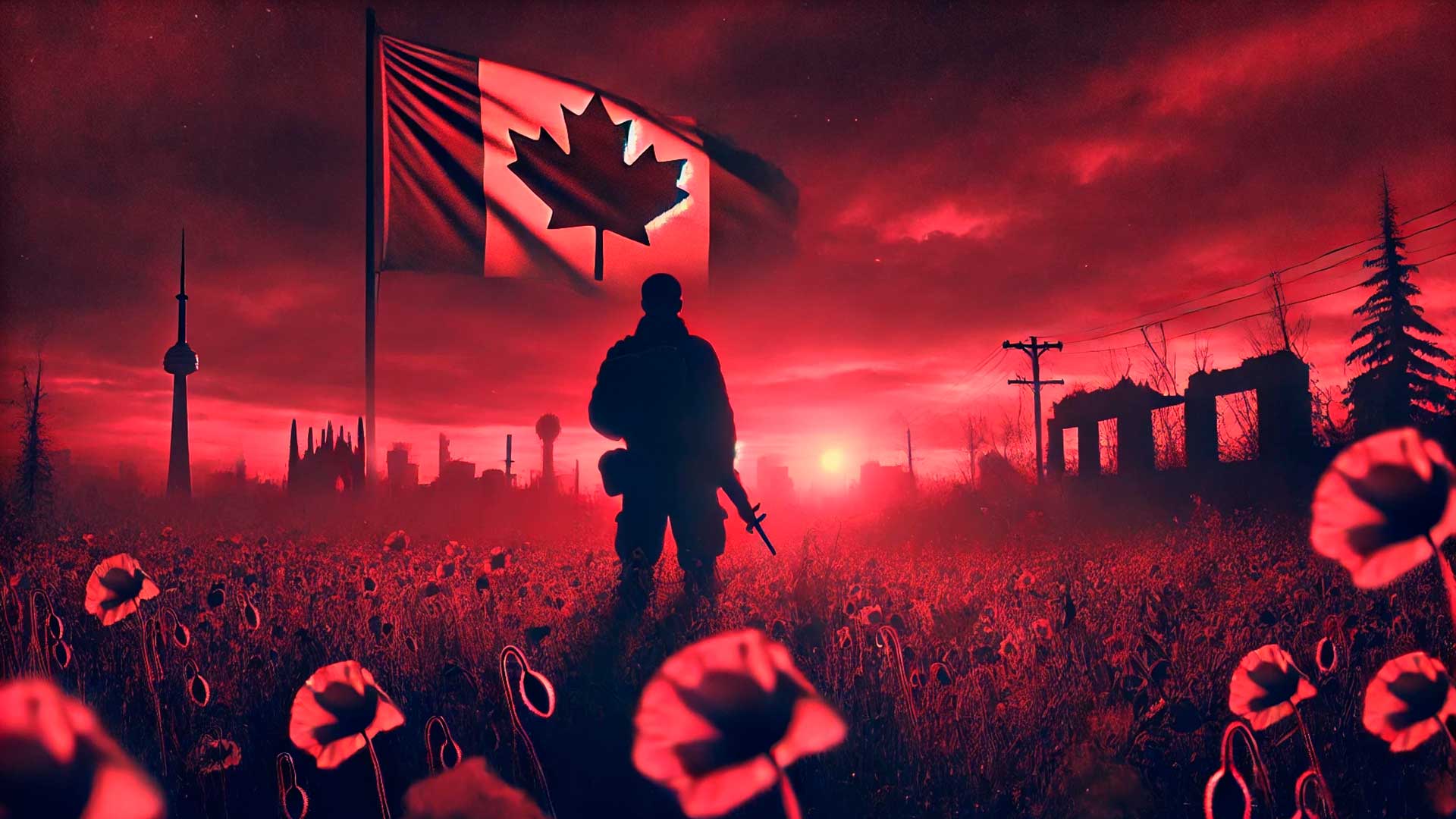Remembrance Day in Canada: Reflecting on Sacrifice
Remembrance Day in Canada, observed every November 11, holds profound significance as a time to honor the sacrifices made by the men and women who served in the armed forces. This day serves as a powerful reminder of duty, courage, and the pursuit of peace, connecting Canadians deeply to the solemnity of these sacrifices and our collective responsibility to remember them.
Understanding the Legacy: Learning from Our Elders
For many Canadians, Remembrance Day is a bridge to the past, one made tangible through the stories and photos of grandparents and great-grandparents who lived through the World Wars. These generations left behind legacies that taught us about the experiences of soldiers who fought in Europe, women who joined the workforce on the home front, and families who endured wartime hardship and uncertainty.
These stories left an imprint on us all — many Canadians have visited local cenotaphs with family members, attended school assemblies, and placed poppies on gravestones. Learning about Vimy Ridge, Juno Beach, and the sacrifices Canadians made to help secure global peace has shaped not only our understanding of history but also a sense of duty to honor those sacrifices.
The Role of the Poppy: A Symbol That Endures
One of the enduring symbols of Remembrance Day is the red poppy, inspired by Lieutenant-Colonel John McCrae’s famous poem, In Flanders Fields. The poppy is more than just a symbol; it serves as a reminder to reflect on those who never returned home. Many Canadians remember wearing poppies each year, pinning them to lapels in remembrance, and teaching the next generation what they represent.
The poppy stands as a powerful symbol that transcends politics and generations. It represents a gesture of respect for those who served, a poignant acknowledgment of the tragic losses in combat, and a hope for peace.
Peacekeeping and the Evolution of War
The latter half of the 20th century saw a shift in Canada’s role from wartime ally to global peacekeeper. Canada’s commitment to United Nations peacekeeping missions during this period reinforced a national identity rooted in humanitarian aid and diplomacy. The pride we feel for those who served is not just about past wars but also about the way Canada has approached modern conflicts.
Canadians remember the conflicts in Bosnia, Rwanda, and Afghanistan and the role Canadian soldiers played in these regions. While different from the massive battles of the World Wars, these missions and sacrifices resonate and remind us of our nation’s continued commitment to global peace.
The Importance of Honoring Remembrance Day
As time passes, the nature of conflict continues to change, with modern warfare, cyber threats, and international terrorism serving as reminders of the need for security and resilience. Remembrance Day reminds Canadians that the freedoms and security we enjoy today were hard-earned by those who fought in the trenches, in the skies, and at sea.
The day also brings us together as a community, offering a collective moment to pause, reflect, and express gratitude. It’s an opportunity to instill the importance of this day in the next generation, ensuring that the legacy of remembrance endures. It’s also a moment to connect with veterans, support mental health initiatives for former service members, and remember the real cost of conflict.
Carrying the Legacy Forward
In an era where the realities of war feel distant, Remembrance Day is essential for grounding us in the sacrifices that have shaped our shared past. This day is not just about the history books — it’s about our connection to family, the stories we were raised on, and our responsibility to keep these memories alive.
On Remembrance Day, when we place a poppy on our lapel or attend a ceremony, we honor those who made the ultimate sacrifice and reaffirm our commitment to peace and understanding. In a rapidly changing world, these traditions remind us of the importance of unity, remembrance, and respect — values that are timeless and deeply Canadian.

